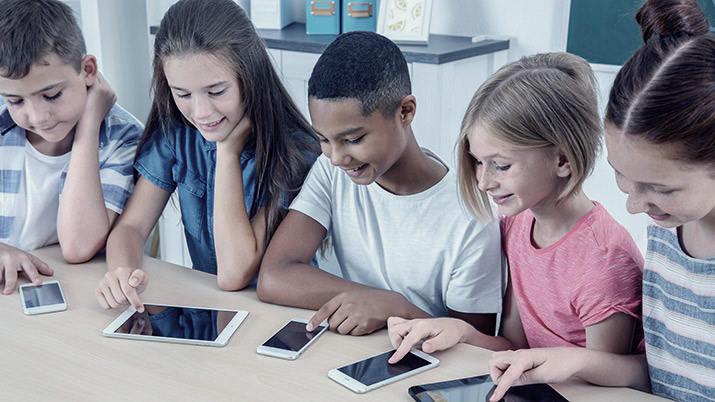
Projects
This section provides a list of research projects, related to the Thinking Together programme, that we have undertaken:
SMILE and more
A link to SMILE and various projects focused primarily in Key Stage 2
Talking for Success at Key Stage 1
Widening Access to Educational Opportunities through Teaching Children how to Reason Together. Thinking Together at Key Stage 1.
Thinking Together at Key Stage 3
A joint Milton Keynes-Open University project for raising achievement in English and foundation subjects. Thinking Together at Keystage 3.
Interactive Whiteboards and Collaborative Pupil Learning in Primary Science (KS2)
This project investigated the uses of whiteboards in primary science for extending dialogic teaching and learning. Please go to IWB Science
The Oracy Assessment Toolkit Project (2013-14)
The aim of this project was to create a teacher-friendly toolkit for assessing the spoken language skills of school students in Year 7. It was carried out jointly with School 21 in London and was funded by the Educational Endowment Foundation. The Cambridge project team members were Neil Mercer, Paul Warwick and Ayesha Ahmed. Please go to Oracy Skills Toolkit
The Cambridge Classroom Dialogue Project (2015-2018)
How should teachers talk to their class, and how much should they do this? How much should children participate in classroom interaction, and what form should their participation take? How much should children respond to teachers or discuss ideas amongst themselves? This project addressed these questions. Our analyses sought to establish whether there is a positive relationship between patterns of classroom dialogue and student learning, reasoning and attitudes to school. It was funded by the ESRC and carried out by Christine Howe, Neil Mercer & Sara Hennessy (with Maria Vriikki and Lisa Wheatley). Please go to CCDP
Digitalised Dialogues Across the Curriculum (2016-2021)
DiDiAC investigates the connections between the Thinking Together Approach and the use of a microblogging tool, Talkwall, in English and Norwegian classrooms. Please go to DiDiAC
Professional Development for Teachers
For professional development opportunities please go to Oracy Cambridge
